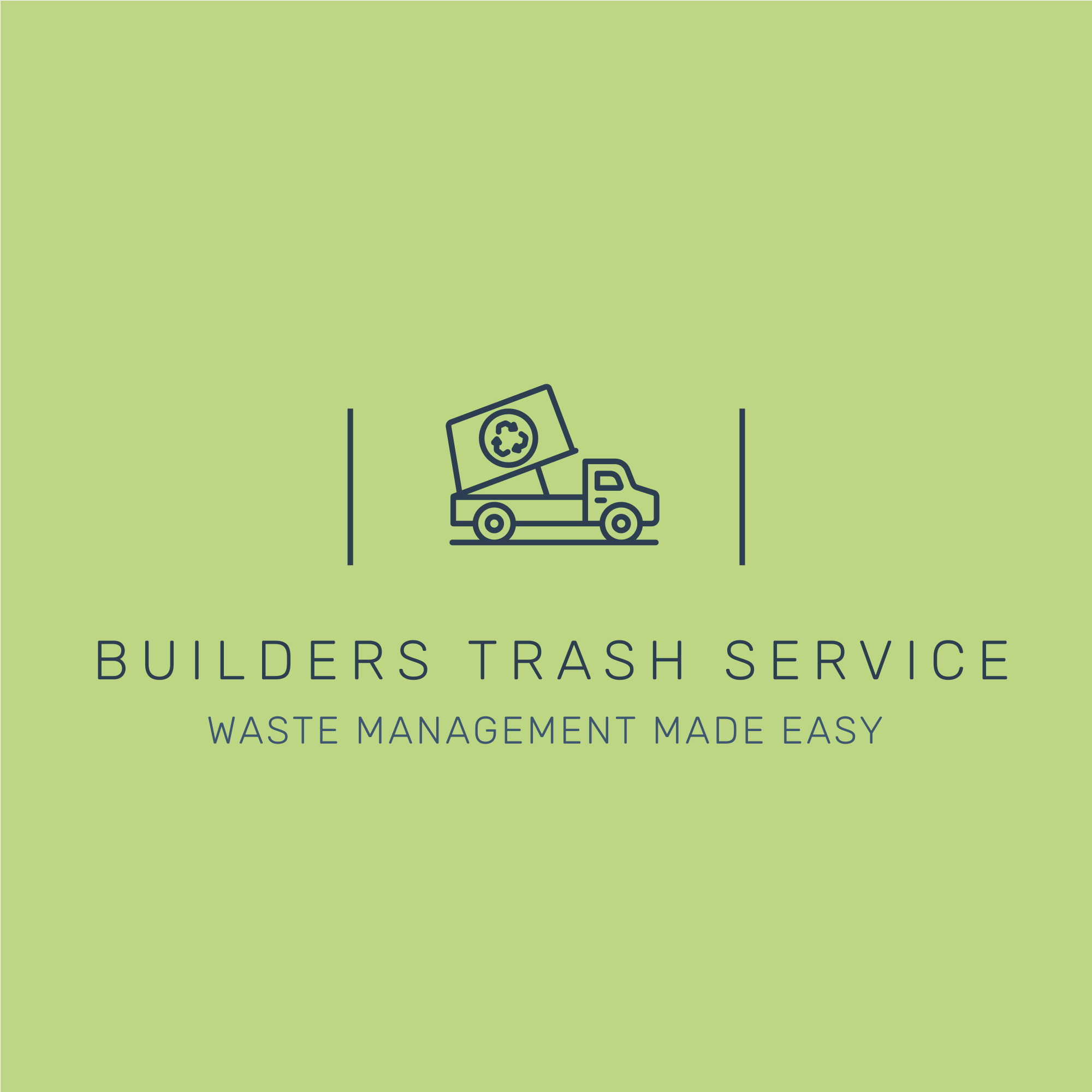In a world where hunger coexists with abundance, addressing food waste is not just a moral imperative its environmental necessity.
According to the Food and Agriculture Organization of the United Nations, one-third of all food produced is wasted annually. Thus, the staggering statistic underscores the urgent need for individuals and communities to take action against this pervasive issue.
The Cost of Food Waste
Food waste exacts a heavy toll on our planet, our wallets, and our communities. Furthermore, the resources and the greenhouse gases emitted during decomposition in landfills, the environmental footprint of wasted food is significant. Moreover, wasted food represents squandered money for households and businesses alike, contributing to financial strain and economic inefficiency.
Understanding the Problem
To effectively combat food waste, it’s crucial to understand its root causes. Common culprits are over-purchasing, improper storage, cosmetic imperfections, and consumer behavior such as arbitrary expiration date adherence.
Practical Solutions
Fortunately, there are numerous practical strategies that individuals, households, and businesses can implement to reduce food waste and promote sustainability:
- Meal Planning: Creating a weekly meal plan helps individuals minimize over-purchasing, thereby reducing the likelihood of food spoilage.
- Proper Storage: Understanding how to store perishable items can extend their shelf life and prevent premature spoilage. Utilizing airtight containers, proper refrigeration, and freezer storage techniques can help preserve food freshness.
- Utilization of Scraps: Rather than discarding vegetable peels, repurposing them into flavorful stocks, soups, or compost for enriching garden soil..
- Mindful Consumption: “first in, first out” inventory management can help prevent food from languishing.
- Collaboration with Food Recovery Programs: Partnering with local food banks, shelters, or community organizations to donate surplus food.
The Benefits of Reducing Food Waste
Embracing strategies to reduce food waste yields a multitude of benefits:
- Environmental Preservation: By minimizing the volume of organic waste sent to landfills, we can mitigate methane emissions.
- Cost Savings: Reducing food waste translates into tangible savings for, freeing up financial resources for other essential needs.
- Social Impact: Addressing food waste contributes to the fight against hunger and food insecurity.
In conclusion, tackling food waste is not only a moral imperative but also a practical means of promoting sustainability. By adopting simple strategies to minimize waste at the supply chain, we can work towards a more resilient food system. Let’s savor the opportunity to make a positive difference, one meal at a time.
